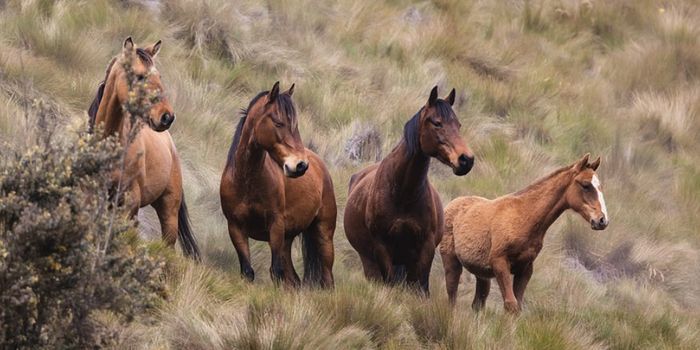Researcher Who Alerted Us to Omicron Encourages Collaboration
Many researchers have been working diligently to track the evolution of the pandemic virus SARS-CoV-2, which causes the disease COVID-19. The world was recently alerted to a new variant of the virus, one which apparently carried 50 mutations compared to the original version that emerged in late 2019. We still have a lot to learn about this strain, which the World Health Organization called Omicron, but it appears to be extremely contagious compared to other strains.
Dr. Sikhulile Moyo is a virologist at the Botswana-Harvard Partnership in Botswana, and along with collaborators in South Africa, he has been sequencing viral strains, which led to this discovery. But he has an egalitarian view of his work, and sees the discovery as a team effort.
“Scientists should work together and the ‘who first did that’ syndrome should go. We should all be able to be proud that we all contributed in one way or the other,” Moyo told the Associated Press.
There is still a lot we do not know about the Omicron variant. Its emergence has come with a surge of new infections and reinfections in various countries, so researchers and clinicians are concerned. However, we still do not know the severity of COVID-19 cases caused by Omicron. Some researchers have suggested that the pandemic will draw down when highly contagious strains that only cause mild illness begin to outcompete other strains, and the rates of severe illness and death begin to come down.
The virus will certainly continue to mutate, and we don't know where the next one might emerge. But we do know that African researchers alerted the world to Omicron. Travel bans were unfortunately slapped on several African countries almost immediately following the announcement, a move many have condemned for several reasons. For one thing, the variant is in Europe, and there is community spread of the virus there, suggesting it has been there for a while, and long before the latest round of travel bans began. Travel bans have not been instituted against European countries where the Omicron is spreading.
Another issue is that historically, travel bans have not been shown to be particularly effective at containing the spread of viruses. Some research has indicated that travel bans may only delay outbreaks or that we simply don't know whether they work. What is sure is that prevention is effective when local habits in a community, like good hygiene, masking, and distancing, are common.
Finally, the distribution of vaccines around the world has not been equitable. For months, pharmaceutical companies have been pressured to relinquish some of the proprietary data that would speed the production of vaccines in many countries, yet that information has still not been shared.
The world community could also promote everyone's good health by sharing information. The more we all know, the faster we can bring the pandemic to an end. The more people who are protected, the less chance a variant will have to evolve. As of late October, only about 27 percent of people in low- to lower-middle income countries have been able to get a first dose of vaccine, compared to 70 percent of those in higher-income countries. Moyo suggested that the travel bans recently instituted only against African countries are counterproductive.
"Is that how you reward science? By blacklisting countries? The virus does not know passports, it does not know borders," he said. "We should be collaborating and understanding."
The Omicron variant has been identified 39 countries and counting.
Sources: Nextstrain.org, Science, Associated Press
-
MAY 07, 2024Is It Anti-RNP or Anti-Sm/RNP?
- See More
-
APR 30, 2024Immuno-Oncology Virtual Event Series 2024
-
MAY 07, 20243rd International Biosecurity Virtual Symposium
-
JUN 06, 2024The Future of Scientific Conferencing
- See More


















































